Best drill for old plaster wall?
skuba
9 years ago
Featured Answer
Comments (10)
snoonyb
9 years agoRelated Professionals
Fairfax Handyman · Cleveland Kitchen & Bathroom Remodelers · Walnut Creek Kitchen & Bathroom Remodelers · Goodlettsville General Contractors · Forest Grove General Contractors · Jacksonville General Contractors · Lewisburg General Contractors · Marysville General Contractors · Medford General Contractors · Westminster General Contractors · Orlando Painters · Darien Painters · Everett Painters · Mastic Beach Painters · White Center Paintersgrubby_AZ Tucson Z9
9 years agoSkie_M
9 years agoskuba
9 years agosnoonyb
9 years agoskuba
9 years agosnoonyb
9 years agoBruce in Northern Virginia
9 years agosombreuil_mongrel
9 years ago
Related Stories
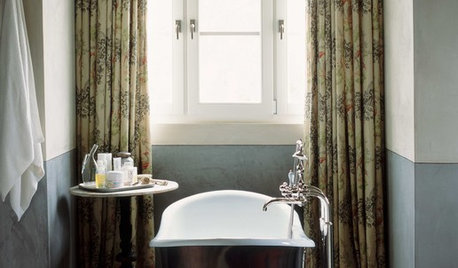
WALL TREATMENTSSurface Smarts: Venetian Plaster
Centuries-old Venetian plaster has made a roaring comeback in modern interiors. Could this old-world wall favorite work in your home?
Full Story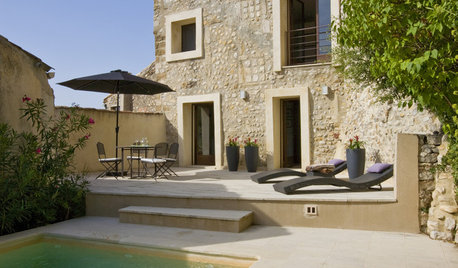
MODERN HOMESHouzz Tour: 800-Year-Old Walls, Modern Interiors in Provence
Old architecture and new additions mix beautifully in a luxurious renovated vacation home
Full Story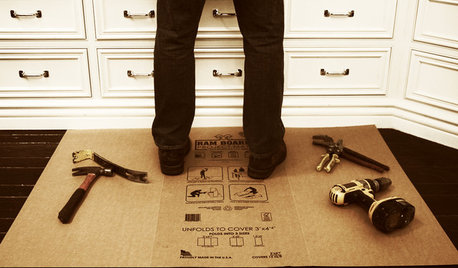
BATHROOM DESIGNOut With the Old Tile: 8 Steps to Prep for Demolition
This isn't a light DIY project: You'll need heavy-duty tools and plenty of protection for your home and yourself
Full Story
HOUZZ TOURSMy Houzz: Old-World European Flair in Oregon
Custom woodwork, stained glass and Arts and Crafts touches create warm, earthy interiors in a ranch-style home
Full Story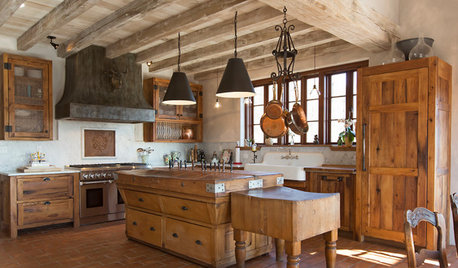
RUSTIC STYLEKitchen of the Week: Found Objects and Old Italian Farmhouse Charm
A homeowner and her cabinetmaker create a personal version of European-inspired comfort and simplicity
Full Story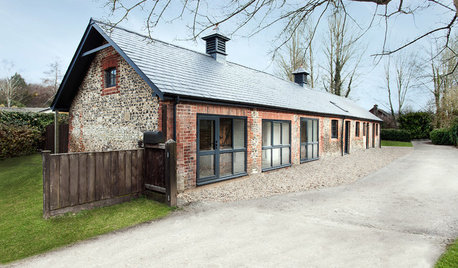
HOUZZ TOURSHouzz Tour: From Old Stable to Minimalist Guesthouse in England
Its interior bays once held racehorses, but now this all-white and wood home holds fascination as a modern part-time home
Full Story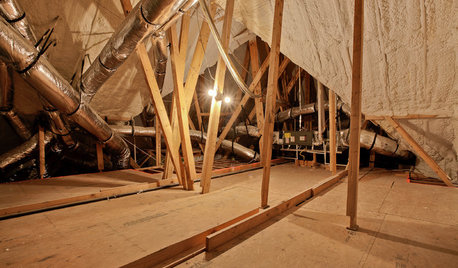
GREEN BUILDINGEcofriendly Cool: Insulate With Wool, Cork, Old Denim and More
Learn about the pros and cons of healthier alternatives to fiberglass and foam, and when to consider an insulation switch
Full Story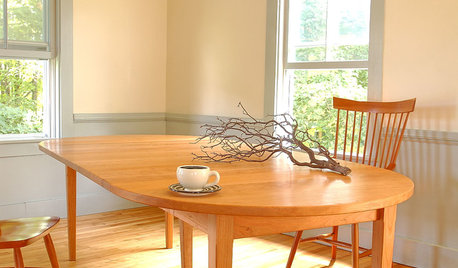
DECORATING GUIDESStrange but True Parallels Between Early Western and Old Japanese Style
Part 1 of our 'wabi-sabi' series: in which Shaker and Arts and Crafts designs reveal simplicity, modesty and integrity
Full Story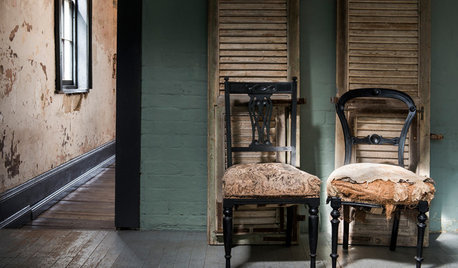
REMODELING GUIDESThe Hidden Problems in Old Houses
Before snatching up an old home, get to know what you’re in for by understanding the potential horrors that lurk below the surface
Full Story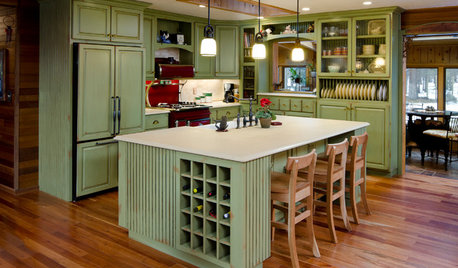
MOST POPULARHow to Reface Your Old Kitchen Cabinets
Find out what’s involved in updating your cabinets by refinishing or replacing doors and drawers
Full StoryMore Discussions






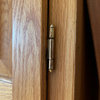

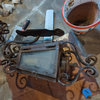
kudzu9